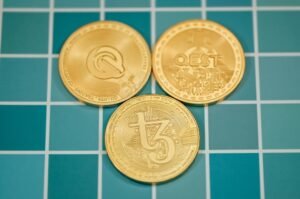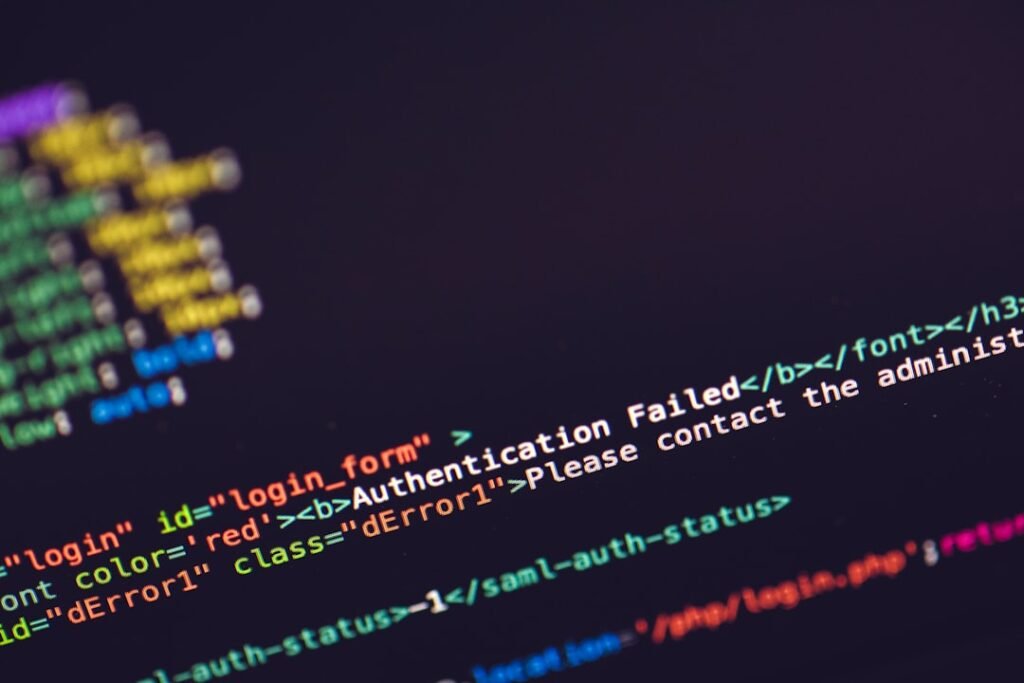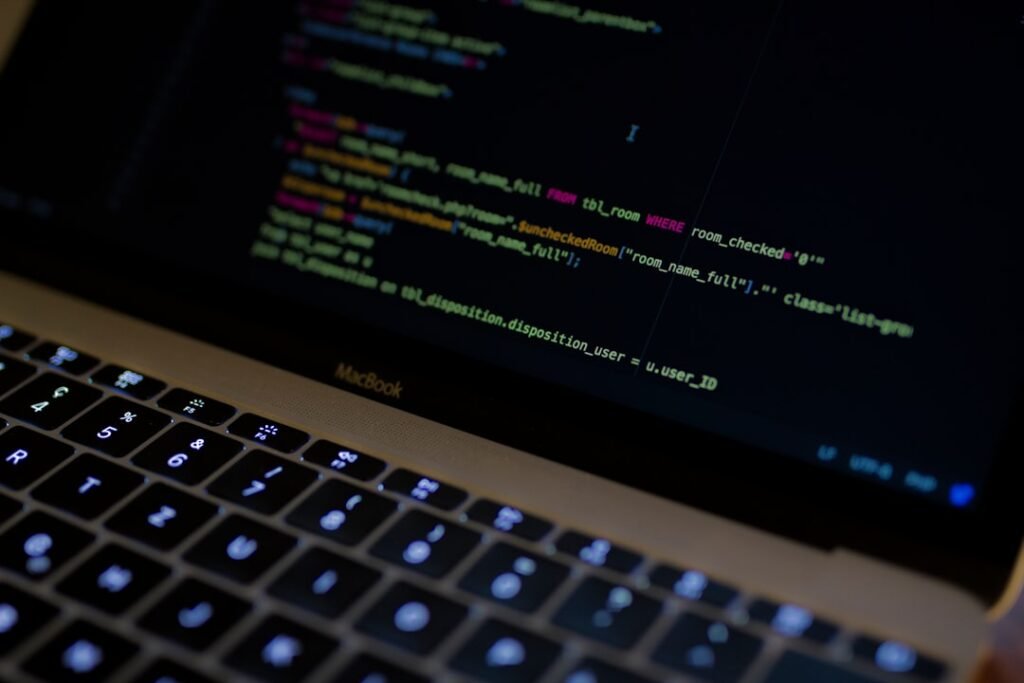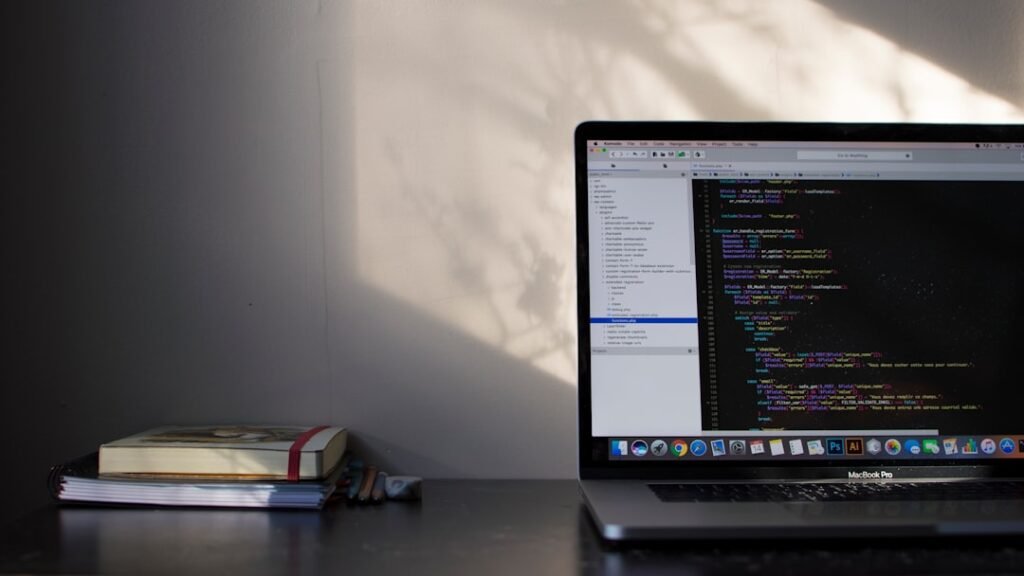U.S.-listed mining company BitMine has drawn significant market attention after becoming the world’s largest corporate holder of Ethereum. The disclosure of on-chain data has sparked renewed discussion about the role and influence of institutional players in crypto asset allocation.
Behind the spotlight on BitMine’s chairman, Tom Lee—a vocal Ethereum advocate—another influential figure has reemerged in these discussions: Peter Thiel.
As one of Silicon Valley’s most controversial and forward-thinking investors, Thiel demonstrated early interest in Bitcoin and the potential of decentralization. Through his investment vehicles, he has placed multiple strategic bets across the crypto industry. Thiel’s investment trajectory not only reflects his judgment on future technological trends but has also helped shape the structure of today’s cryptocurrency market.
### The PayPal Mafia Don
Peter Thiel stands as the central figure of the renowned “PayPal Mafia.” In 1998, Thiel co-founded Confinity with Max Levchin and Luke Nosek. After pivoting from handheld security software to digital payments, the company launched PayPal. Following its acquisition by eBay in 2002 for $1.5 billion, Thiel achieved his first major financial milestone.
After PayPal’s sale, Thiel made one of Silicon Valley’s most iconic early investments: a $500,000 convertible note in Facebook in 2004, then valued at $4.9 million. This investment eventually yielded over $1 billion after Facebook’s IPO.
In 2005, Thiel co-founded Founders Fund, which initially focused on defense-related technologies. He also established Palantir in 2003, which has since become critical data infrastructure for the U.S. government and large institutions. Palantir’s stock has surged twentyfold over the past five years.
Founders Fund later shifted its focus to hard tech, investing in industry leaders such as Airbnb, LinkedIn, SpaceX, Stripe, and DeepMind.
### $1.8 Billion in Crypto Profits
Thiel was among the first well-known Silicon Valley investors to engage with cryptocurrency and blockchain.
In 2014, Vitalik Buterin, then 20 years old and co-founder of Ethereum, was named a recipient of the Thiel Fellowship—a program supporting young entrepreneurs who skip college to pursue innovative projects.
A year earlier, Founders Fund led a $2 million seed round in BitPay, signaling early institutional interest in crypto payments.
Thiel also participated in strategic investments in Block.one, the parent company of EOS, and later in Bullish, an institutional crypto exchange launched with approximately $10 billion in backing.
In 2019, Thiel invested in mining infrastructure firm Layer1, aligning with his preference for foundational and upstream technologies.
According to Reuters, Founders Fund began aggressively purchasing Bitcoin as early as 2014, eventually realizing roughly $1.8 billion in profits by liquidating its position before the 2022 market crash. The fund reentered the market in mid-2023, investing $200 million in BTC and ETH.
### Increasing Crypto Investments
Thiel has frequently publicly endorsed Bitcoin, referring to it as “digital gold” and a hedge against inflation and central bank policies.
In a 2021 public appearance, he admitted he felt “underinvested” in Bitcoin and bluntly advised the audience, “You should just be buying Bitcoin.”
Founders Fund has since deepened its commitment to crypto. In May 2023, former Pantera co-CIO Joey Krug joined as a partner to lead the fund’s crypto strategy.
Thiel also emerged as a key beneficiary of the corporate crypto treasury trend. In mid-2025, Bitmine Immersion Technologies shifted its corporate treasury strategy to Ethereum, appointing Tom Lee as chairman. Thiel, who owns about 9.1% of the company, saw its stock rise nearly 15% following the disclosure.
According to Strategicethreserve data, Bitmine now holds approximately 1.2 million ETH, valued at over $5 billion, making it the largest corporate holder of Ethereum—well ahead of second-ranked Sharplink Gaming.
Additionally, Bullish, which Thiel backed years ago, went public on the NYSE in August 2025, marking a major milestone in his long-term bet on institutional crypto infrastructure.
### Political Influence and Power Brokerage
Beyond fintech and crypto, Thiel has extended his influence into Washington politics. As a rare Republican supporter in Silicon Valley, he publicly endorsed Donald Trump in 2016 and donated $1.25 million to his campaign.
Thiel has also funded a new generation of conservative politicians, including J.D. Vance, now U.S. Vice President, to whom he donated a record $15 million during his Senate race. He also introduced Vance to Trump, helping secure the former president’s endorsement.
Another protégé, Blake Masters—former COO of Thiel Capital and co-author of Zero to One—also received substantial financial support for his political ambitions.
Major U.S. media outlets have described Thiel as a “power broker” or “kingmaker” within the Republican Party. Business Insider went so far as to call him the “GOP kingmaker.”
However, Thiel’s support for Trump has waned in recent years. In 2023, he declined a $10 million donation request from Trump and did not contribute to the 2024 election cycle.
Disclaimer: This article is for informational purposes only and does not constitute investment advice or an offer. Readers should comply with applicable laws and regulations in their respective jurisdictions.












